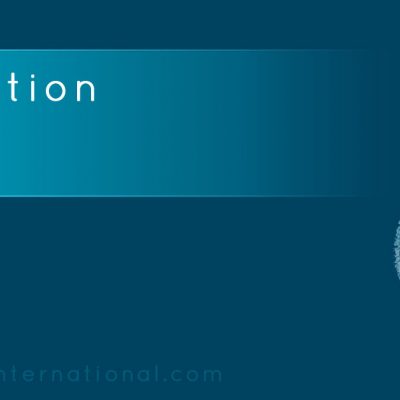
It’s a common message we hear from leaders we work with. You want safety and your comfort zone maintained in a meeting, all while insisting you want something to change!
We facilitate a lot of meetings designed for highly engaged participation. One trap that we do not fall into is promising the participants that we look after ensuring their safety in the meeting. Another trap that we do not fall into is catering to the comfort zone of the people. Let me explain why these two traps are to be avoided.
Safety is an Illusion
First, ask yourself the question “is it really possible to take responsibility for the safety of people in a meeting?” When I examined this question, I realized that I cannot guarantee the safety of the participants in the meeting. I do not know what each person perceives as ‘being safe’ and I am certain that this sense of safety is different for different people. I cannot control the behavior, words or attitude of the people in the meeting. I cannot make a guarantee that a person won’t turn on another either explicitly or implicitly.
Because I cannot make this guarantee, promising safety of the participants is a trap that we avoid.
Change Isn’t Always Comfortable
Second, ask yourself the question “will this meeting to move us forward into a better future actually work for better results if my leadership and facilitation cater to the comfort zone of the people who are gathered?” When I examined this I understood the paradox of maintaining a comfort zone so that people would feel good about the meeting while at the same time facilitating for the purpose of accomplishing a change. Change, by it’s nature, takes people out of their comfort zone.
Maintaining both comfort and change simultaneously is not possible. My choice is to assist the group of people through processes designed for innovation, creativity, and improved outcomes, possibly even a paradigm shift to the way that work had been done up until now.
So Then What?
I am not willing to fall into the two traps of promising safety and of catering to comfort zone. So, what do I do?
- Never promise a group of people that they will be safe in a meeting.
- Encourage the people to follow what was drafted by the late Dr. Angeles Arrien as the Four Immutable Laws of Spirit, stating that people should practice a) showing up and being fully present; b)telling the truth without blame or judgment; c) following what has heart and meaning; and d) letting go of attachment to outcome. As well as encouraging the practice of these four during the meeting, I encourage everyone to help each other practice.
- Always use meeting formats that give people maximum choice and maximum freedom throughout the meeting. By placing people within a container in which they have freedom and choice, they also undertake self-responsibility for their own safety, what they will engage with and what they will not engage with. My favorite meetings that create maximum choice and maximum freedom are Whole Person Process Facilitation and Open Space Technology.
- Never promise a group of people that they will leave the meeting feeling pleased or good about the meeting.
- Don’t use traditional evaluation forms at the end of a meeting that rates me as the facilitator and how good the people feel about the meeting. Using these traditional forms would entice me to cater to the comfort zone of the people. Instead, I use an evaluation form that focuses on the person, what was learned, and what was accomplished. My typical questions include “What did you learn?”, “What surprised you?”, “What will you do differently as a result of having participated in this meeting?” and “What disappointed you?”.
The clients I work with get the innovation, creativity, and results that they need for making the changes that will take them forward. Generally, people are respectful with one another in the meeting. There seems to be a direct relationship between the choice and freedom given, with generous and respectful words and behavior.
Photo by Samuel Zeller on Unsplash









Rosa Zubizarreta
hi Birgitt, I enjoyed your article. I resonate with much that you have written, especially points 2 -5. And, as you know, I have a somewhat different perspective with regard to psychological safety.
Research shows that psychological safety is super important for team productivity. As facilitators, there is a lot that we do, that helps to create greater psychological safety — including much of what you have written above.
So, while I never promise “perfect safety”, I do have conversations about the importance of psychological safety before the meeting, and review what I will be doing to support that safety.
And, fully agree that this is not the same thing as “comfort”!
the